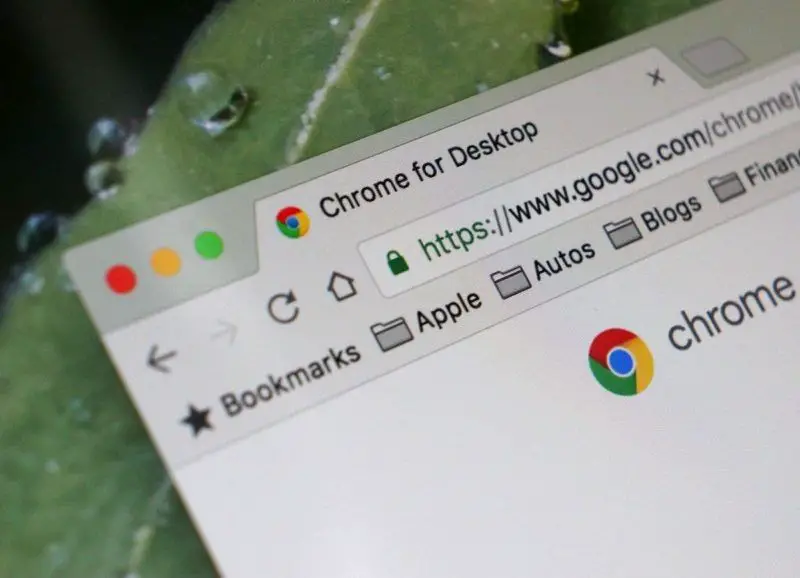Microsoft suggestions seems to make Google Chrome better. Google accepted another piece of code proposed by Microsoft for the Chromium browser, including Chrome. It will be tested soon, and its role is to reduce energy consumption in Windows laptops.
Chromium browser – contrary to some fears – significantly benefited from joining Microsoft to its co-authors. The Redmond giant donated hundreds of proposals to the community that made it faster, lighter and more accessible. Microsoft seems they are not selfless in this manner. Although the most popular overlay on Chromium is the Chrome browser, the add-ons also gain other overlays: including the Microsoft Edge browser.
Google’s development of Chromium will benefit from another solution proposed by Microsoft in the near future. This is a series of small changes designed to reduce the impact of a working browser’s energy consumption on laptops.
According to Microsoft’s idea – which dates back to the Spartan – Chrome would stop using mass storage as a cache for video playback. RAM will be used for this purpose, which in almost every case will consume less energy than a hard disk.
The second change is adjusting the browser’s operating mode to the operating system’s operating mode. This for now only applies to the Chrome versions for Windows, but soon this idea may be extended to other operating systems. In other words, Chrome and its relatives are supposed to detect that the computer is on battery power and adapt its mechanisms to this state. The third and final improvement is to impose a cache limit on too large data sets in order to store them in memory.
For today, Microsoft has submitted over 1,600 patches to the Chromium community. An important part of them consists improvements for disabled users, touch interface, PWA support and memory management.





